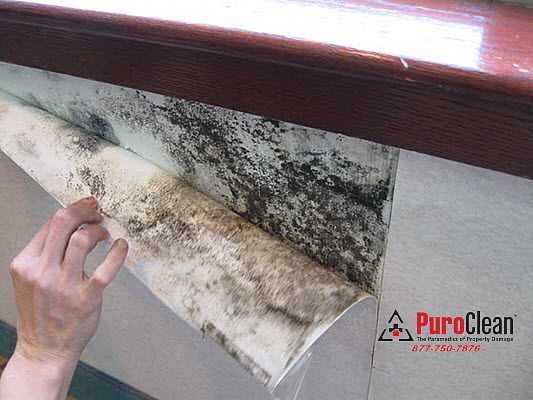Water damage is a business owner’s worst nightmare. It can disrupt operations, lead to costly repairs, and jeopardize the integrity of your property. Whether it’s caused by flooding, leaking pipes, or roof damage, water-related issues can significantly impact your business’s functionality and continuity. This article provides practical tips on protecting your business property from water damage’s potentially disruptive and expensive consequences.
1. Regular Property Inspection and Maintenance
Preventative measures are vital to avoiding water damage. Regularly inspect and maintain your property to identify and address potential issues. This includes checking plumbing systems, roofs, windows, doors, basements, and foundations. A proactive approach can save you from significant headaches down the road.
2. Install Water Sensors
Water sensors can be a lifesaver. These devices are designed to detect water in unwanted places, providing early alerts about potential leaks or floods. Install water sensors near water appliances, such as washing machines, dishwashers, and water heaters. Also, consider placing them in areas prone to water accumulation, like bathrooms and basements.
3. Pipe Insulation
In colder climates, frozen pipes can burst and cause extensive water damage. Insulate your pipes, particularly those exposed to the elements or in unheated areas. Proper insulation can prevent the pipes from freezing and bursting.
4. Maintain Gutters and Downspouts
Overflowing gutters are a common cause of water damage. Regularly clean and repair gutters and downspouts to prevent roof leaks and foundation damage. Proper drainage is crucial to keeping water away from your property.
5. Sump Pump Installation
If your business is in a flood-prone area or has a history of basement water issues, consider installing a sump pump. This device effectively removes water accumulating in a sump basin, usually in basements, preventing extensive water damage.
6. Develop a Water Emergency Plan
Every business should have an emergency plan, which should include specific steps to take for water damage. This plan should cover shutting down electricity, safeguarding essential documents, outlining responsibilities, and providing emergency contact information.
7. Adequate Insurance Coverage
Review your current insurance policy to ensure sufficient coverage for potential water damage. Consider adding additional riders or coverage options if necessary. Adequate insurance is essential to mitigate financial risks.
8. Partner with a Professional Water Restoration Company
Establish a working relationship with a professional water restoration company, such as PuroClean, that you trust. In a significant water-related event, you’ll benefit from a team familiar with your property, capable of effectively and swiftly mitigating the damage.
Contact PuroClean for Professional Property Damage Restoration
PuroClean is your go-to choice for professional property damage restoration. As the “Paramedics of Property Damage®,” PuroClean’s experts are available 24/7 to assist with fire damage restoration, water damage restoration, mold remediation, biohazard cleanups, and more. They serve residential and commercial clients, ensuring superior service when you need it the most.
Trust an established company when your home or business is at stake. PuroClean’s dedicated team will guide you through the entire restoration process, treating you and your property carefully. Contact PuroClean at (800) 775-7876 or visit their website to connect with your local PuroClean office today.
By taking active steps to protect your business property from water damage, you secure your physical assets and the long-term success and continuity of your business. Prevention is often more cost-effective than dealing with the aftermath of water damage. A well-maintained property can withstand most weather conditions, cause fewer disruptions, and save you significant money in the long run.

